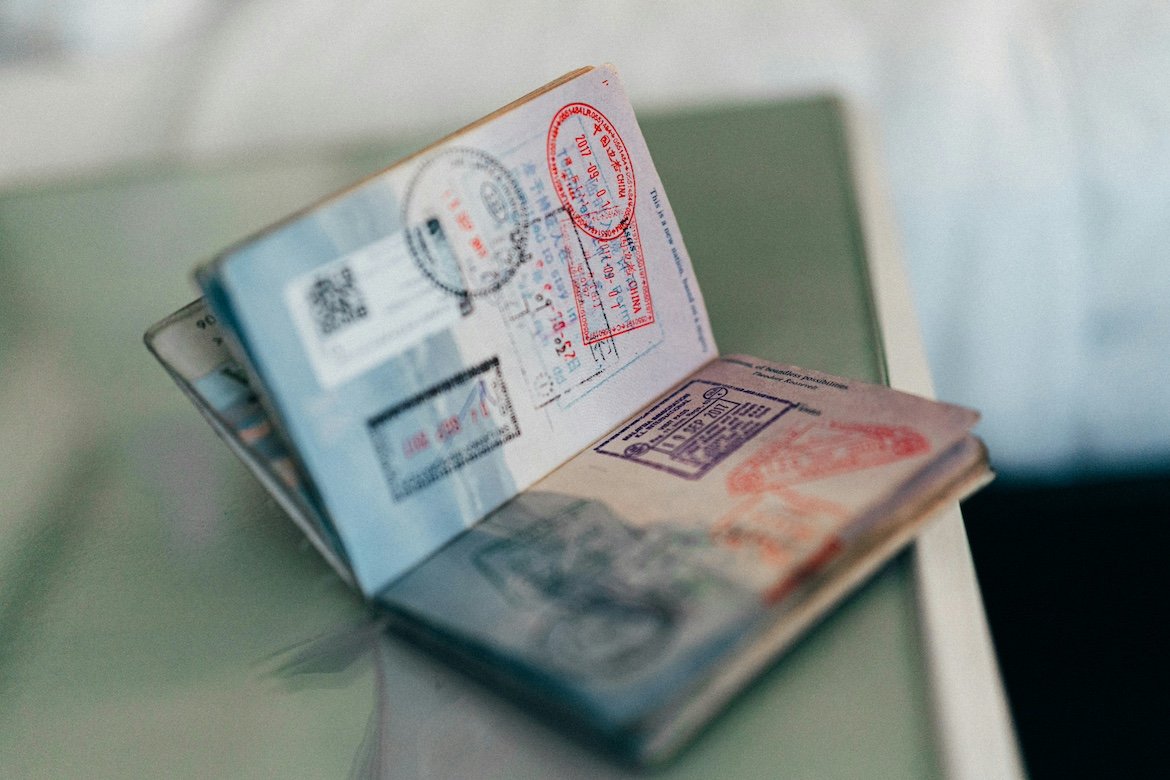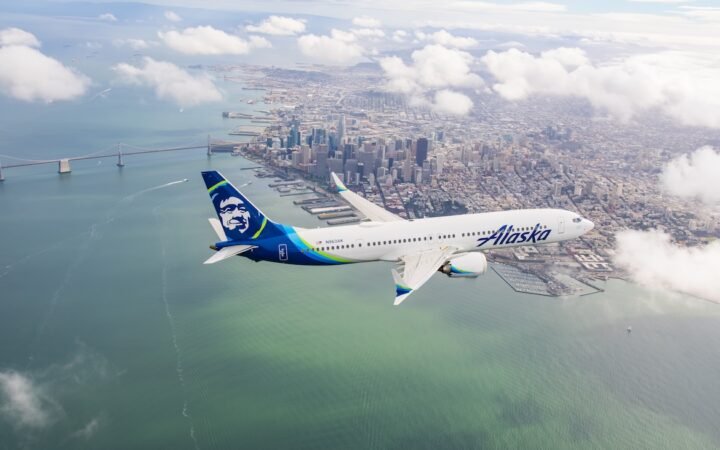
Singapore has claimed the top spot once again in the 2025 passport power rankings, offering its citizens visa-free or visa-on-arrival access to more than 190 destinations. Japan and South Korea follow closely, reflecting Asia’s growing influence in global mobility. These rankings underscore how travel freedom is increasingly shaped by strategic international agreements.
Europe Holds Strong
Europe continues to dominate the top tiers. Germany, France, Italy, Spain, Denmark, Ireland, and Finland all share third place, with visa-free access to 189 destinations. These countries benefit from the Schengen Area and extensive diplomatic networks that make travel across continents smooth and flexible.
At the opposite end of the European spectrum, nations like Belarus and Kosovo remain limited, offering access to fewer than 85 countries without a visa. This contrast highlights the uneven travel freedom across the continent, even as Europe overall maintains a strong position.
U.S. Faces Historic Drop
The United States has fallen to 10th place, its lowest ranking ever, with visa-free access to 182 destinations. Travel experts point to increased visa requirements and additional travel fees as key reasons for the decline.
For American travelers, this shift means more paperwork and potential delays. Travel agencies are already adapting by offering more guidance on visa procedures and focusing on destinations where entry remains simpler.
Shifting Global Mobility
Other nations are using tourism and trade agreements to climb the rankings. India has moved up to 77th place, while Saudi Arabia and the UAE continue to expand their visa-free access. The UAE is one of the biggest success stories, rising into the top 10 in just a decade.
For frequent travelers, these changes reinforce the importance of passport strength. Those holding top-tier passports enjoy the flexibility of spontaneous trips, while citizens from lower-ranked countries must plan more carefully and often face higher travel costs.
As 2025 unfolds, passport rankings continue to shape how people and businesses approach international travel. In a world of shifting rules and growing restrictions, understanding these trends is becoming as essential as booking the flight itself.




